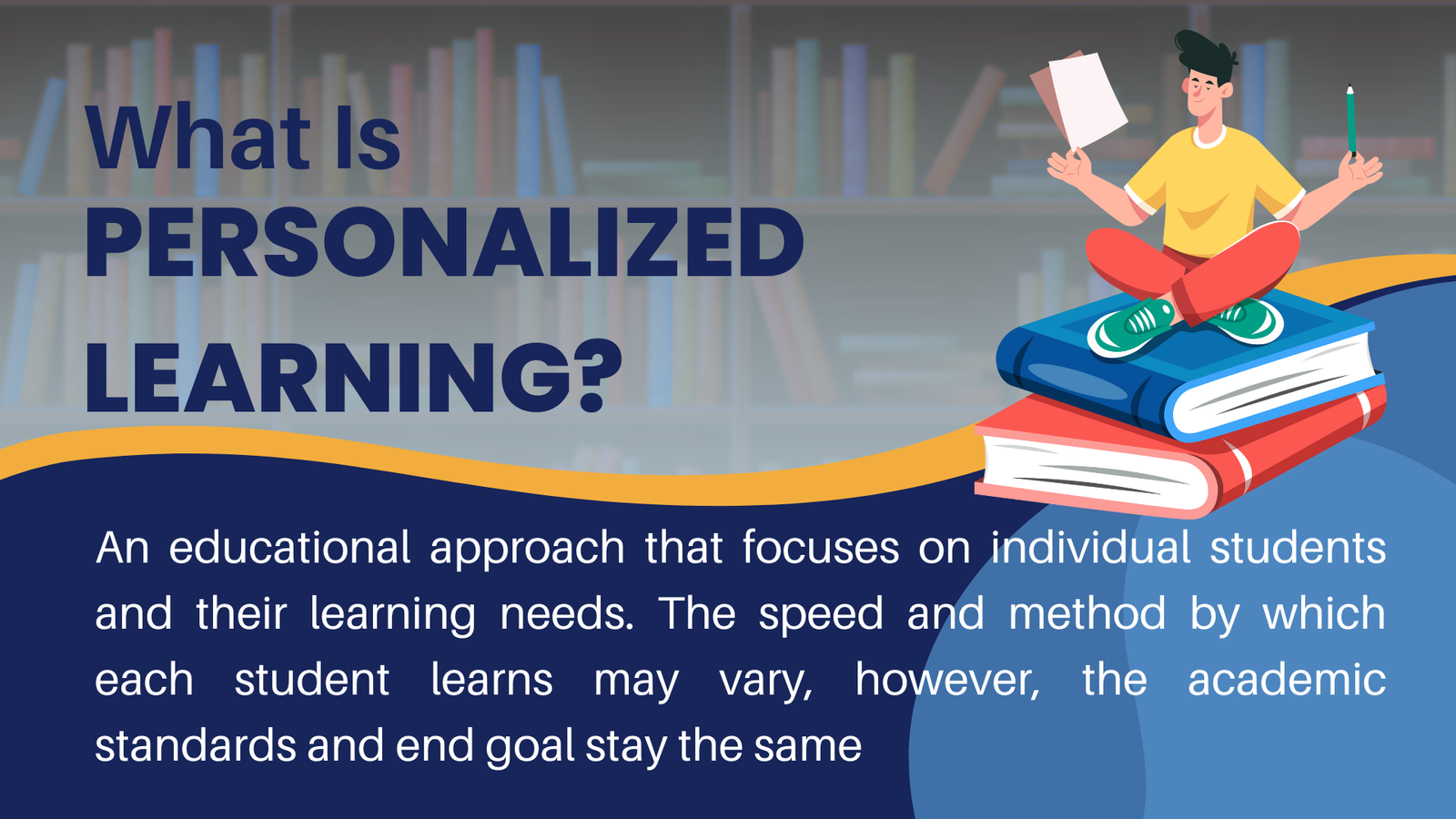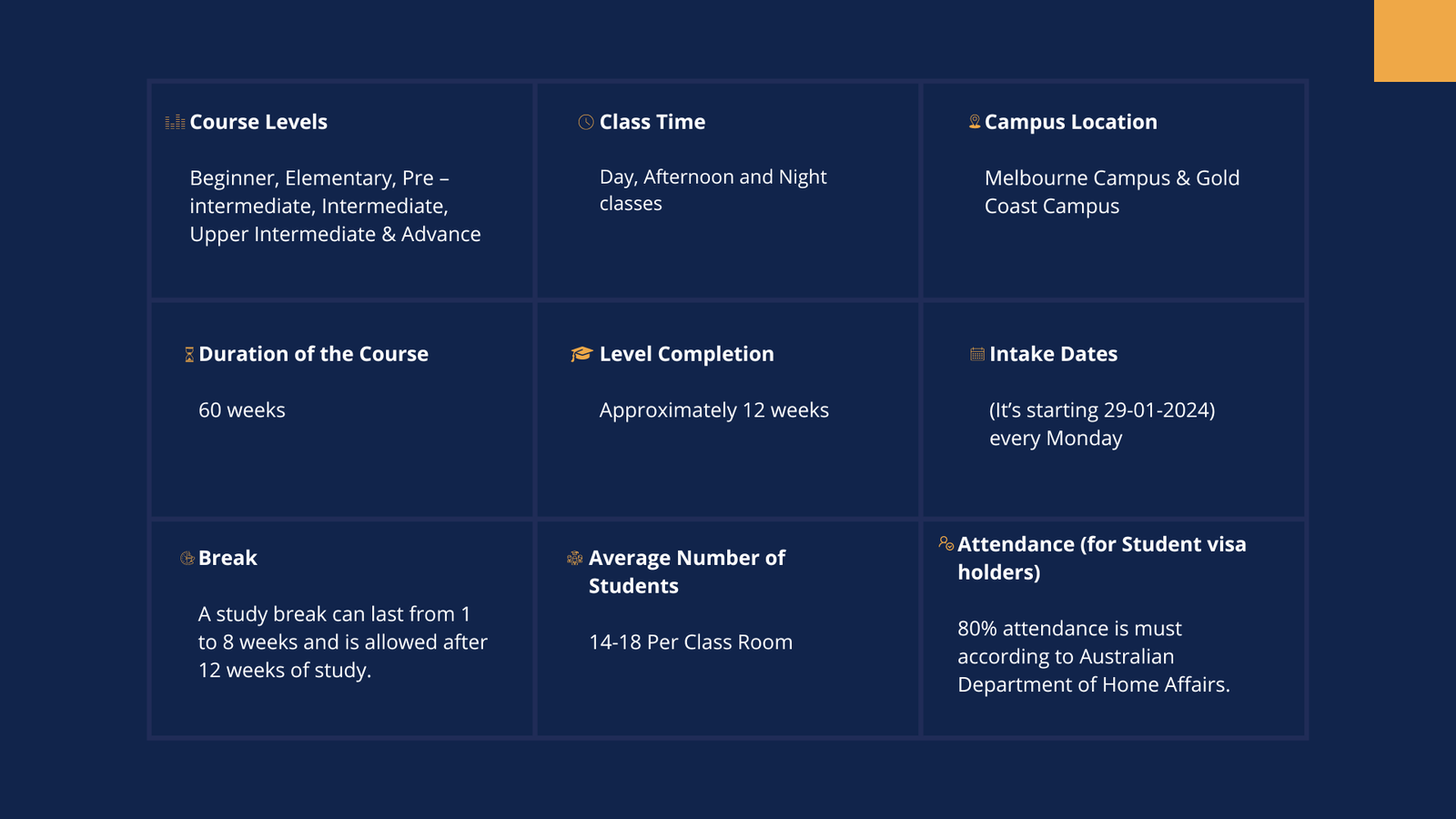Power of Small-Sized Classes for Personalized English Learning with Langford English College
Importance of Small Classrooms in Learning English has always been a hot topic in education. The number of students in a class can greatly affect the quality of education, influencing everything from how engaged students are to how well they perform academically. When it comes to learning English, small-sized classes offer distinct advantages. These classes create a setting where personalized English learning, tailored instruction, and active student participation are not just possible but standard.
In small classes, teachers can focus more on individual students, understanding their specific needs and challenges, which leads to more effective learning. Students also have more opportunities to engage, participate in discussions, and receive immediate feedback, all of which contribute to a deeper understanding of the language. This blog will delve into the many benefits of small-sized classes in English learning, highlighting how they offer a unique and enriching educational experience that larger classes often can’t provide. At Langford English College, we emphasize the importance of small classrooms and employ strategies for effective small classroom teaching to ensure every student receives the attention and support they need to succeed.
Personalized Instruction
One of the most significant advantages of small-sized classes is the ability for teachers to provide personalized attention and tailored instruction. In a smaller class, teachers can focus on each student’s unique learning needs, something that is often unmanageable in larger classes. This individualized approach allows teachers to identify and address specific challenges students face in learning English, whether it’s difficulties with grammar, pronunciation, or vocabulary.

One-on-One Interactions
In small classes, the frequency and quality of one-on-one interactions between teachers and students are significantly higher. Strategies for Effective Small Classroom Teaching is that teachers should dedicate time to understanding each student’s strengths and weaknesses, providing targeted feedback that accelerates language acquisition. For example, if a student struggles with pronunciation, the teacher can spend extra time working on this area, offering personalized English learning and real-time correction, which is not feasible in larger classes.
Tailored Feedback
The ability to give immediate and specific feedback is another critical benefit. Research shows that students who receive detailed, constructive feedback are more likely to improve their language skills faster. In small classes, teachers can review assignments and oral presentations in depth, offering suggestions tailored to each student’s level of understanding. This personalized English learning helps students to grasp complex concepts more quickly and effectively, leading to a more efficient learning process.
Student Engagement
Student engagement is crucial in language learning, and small-sized classes naturally foster a more engaging learning environment. In larger classes, students may feel lost in the crowd, leading to passive participation. However, importance of Small Classrooms in Learning English encourages active participation, as students are more likely to feel comfortable sharing their thoughts and asking questions.
Active Participation
In a smaller group, students are more inclined to engage in discussions, participate in activities, and take risks with their language use. This is particularly important in personalized language learning, where practice and participation are key to mastering new skills. By actively involving themselves in the learning process, students in small classes can reinforce their understanding of the language, leading to better retention and application of knowledge.
Interactive Learning Environment
Small classes also allow for a more interactive and dynamic learning environment. Teachers can use a variety of teaching methods, including group discussions, role-playing, and interactive games, to make learning more engaging and effective. These activities are often more challenging to implement in larger classes due to time constraints and the difficulty of managing a large group. In contrast, small classes offer the flexibility to incorporate diverse and interactive teaching techniques, which enhance the overall learning experience. At Langford English College, this approach is a core strategy, ensuring that students receive the best possible education in a supportive and personalized English learning environment.
A Supportive Learning Community
A supportive learning community is essential for language acquisition, and small-sized classes excel in creating such an environment. In a smaller class, students are more likely to build strong relationships with their peers and teachers, fostering a sense of community and belonging, especially at Langford English College.
Stronger Relationships
In small classes, students have more opportunities to interact with their peers, leading to the development of closer relationships. These connections are vital in language learning, as they create a safe and supportive environment where students feel comfortable practicing their English skills. Peer support becomes a significant factor in the learning process, with students often helping each other understand difficult concepts or practicing conversation skills together.

Collaborative Learning
Small classes also promote collaborative learning, where students work together to solve problems, complete assignments, or engage in discussions. This collaborative approach not only enhances language skills but also builds critical thinking and teamwork abilities, which are essential in real-world communication. In a supportive learning community, students are more likely to take risks, experiment with the language, and learn from their mistakes, all of which are crucial for personalized English learning.
Speaking and Listening Opportunities
In language learning, the importance of small classrooms in Learning English speaking and listening cannot be overstated. Small-sized classes offer more opportunities for students to practice these essential skills, leading to faster and more effective language acquisition.
Practice Speaking
In a small class, every student has more opportunities to speak, whether in discussions, presentations, or casual conversations. This frequent practice is crucial for building confidence and fluency in speaking English. In larger classes, students might only get to speak once or twice during a session, but strategies for effective small classroom teaching is students can engage in multiple speaking activities, receiving immediate feedback from their teacher.
Improving Listening Skills
Small classes also enhance listening skills through more frequent and meaningful conversations. Students can listen to their peers and teachers more attentively, participate in discussions, and engage in listening exercises that challenge their comprehension skills. This regular practice helps students to improve their listening abilities, which are crucial for understanding spoken English in real-life situations.
Faster Progress
The combination of personalized attention, increased engagement, and enhanced speaking and listening opportunities leads to faster progress in language skills. Langford English College offers this type of small classes, where students can achieve mastery of grammar, vocabulary, and pronunciation more quickly than in larger classes.
Mastery of Language Skills
Small classes allow teachers to closely monitor each student’s progress, adjusting the pace of lessons to suit their needs. This means that students can spend more time on challenging areas and move quickly through concepts they grasp easily. The result is a more efficient learning process, where students can achieve a higher level of proficiency in a shorter amount of time.
Effective Progress Tracking
Teachers in small classes can track individual progress more effectively, identifying areas where students need additional support and providing targeted interventions. This continuous monitoring ensures that students do not fall behind and that they receive the help they need to succeed. As a result, students in small classes are more likely to achieve their language learning goals and reach higher levels of proficiency.
Building Confidence
Language learning can be intimidating, especially for beginners. However, small-sized classes help to reduce anxiety and build confidence, making it easier for students to express themselves in English, especially in institutes like Langford English College
Safe Learning Environment
Strategies for Effective Small Classroom Teaching creates a safe space where students feel comfortable taking risks and making mistakes. For example, the supportive environment of a small class in Langford English College reduces the fear of judgment, allowing students to experiment with the language and learn from their errors. This reduction in anxiety is crucial for building confidence, which is essential for successful language learning.
Confidence Building
As students gain confidence in their language abilities, they become more willing to participate in class, ask questions, and engage in conversations. This increased confidence not only enhances their language skills but also prepares them for real-life English use, where they will need to communicate effectively in a variety of settings.
Customized Learning Pace
Another significant advantage of small-sized classes is the ability to customize the learning pace. Every student learns at their own speed, and small classes allow teachers to adapt their lessons to meet individual needs and goals.
In a small class, students can progress at a pace that suits them, whether that means spending more time on challenging concepts or moving quickly through material they find easy. This personalized English learning approach ensures that all students can keep up with the lessons and achieve their language learning goals. approach ensures that all students can keep up with the lessons and achieve their language learning goals.
Teachers in small classes have the flexibility to adapt their lessons based on the needs of their students. They can introduce supplementary materials, adjust the difficulty level of exercises, or provide additional support to students who need it. This adaptability is crucial for effective language learning, as it ensures that all students are engaged and progressing at a pace that suits them.
Benefits of Small Classes
From the teacher’s perspective, small classes offer numerous benefits that enhance the quality of instruction and improve student outcomes.

In small classes, teachers can better assess and respond to student needs. They have the time and space to observe each student closely, identifying areas where they need additional support or challenge. This ability to provide targeted instruction is one of the key factors that make small classes so effective for language learning.
Small classes also allow teachers to deliver higher-quality instruction. With fewer students to manage, teachers can focus on developing creative and effective lesson plans, using a variety of teaching methods to engage their students. This high-quality instruction leads to better learning outcomes, as students receive the guidance and support they need to succeed at Langford English College.
Real-World Applications of Language Skills
Ultimately, the goal of language learning is to prepare students for real-world communication. Small-sized classes are particularly effective in achieving this goal, as they offer more opportunities for practical exercises and immersive learning experiences.
In small classes, teachers can incorporate more practical exercises, such as role-playing, debates, and discussions, that simulate real-life English use. These activities help students to apply their language skills in a variety of contexts, preparing them for the challenges of communicating in English outside the classroom.
Small classes also provide a more immersive learning experience, where students are constantly engaged with the language. Whether through conversations with their peers, listening to the teacher, or participating in group activities, students in small classes are surrounded by English, which accelerates their learning and helps them to achieve fluency more quickly.
Learn English with Langford English College
Melbourne is home to many institutions that offer small-sized classes for English learning, and Langford English College stands out as one of the leading choices for immigrants looking to improve their language skills. Langford English College is renowned for its commitment to providing a welcoming and inclusive environment where diversity is celebrated. They have embraced students from various cultural backgrounds, helping them not only learn English but also feel at home in Australia.
At Langford, the focus is on small class sizes, which highlight the importance of small classrooms in learning English. These small class sizes allow for personalized instruction tailored to each student’s unique needs, embodying the principles of personalized English learning. Teachers at the college take the time to understand the specific challenges and goals of every student, offering customized learning plans and focused attention that help accelerate language acquisition. This approach ensures that every student receives the support they need to succeed, whether they are starting from scratch or looking to refine their existing English skills.

The college offers a range of courses designed to meet the diverse needs of its students. These include General English courses all taught by experienced instructors who are passionate about helping students achieve their language goals. The small class sizes mean that students get plenty of opportunities to practice speaking, listening, reading, and writing, all within a supportive and engaging environment.
With a campus located in the heart of Melbourne, Langford English College provides a convenient and vibrant setting for students to learn and grow. The college’s focus on small class sizes, personalized instruction, and cultural inclusivity makes it an ideal choice for anyone looking to learn English in a supportive and effective environment. Whether you’re an immigrant looking to improve your English for daily life, work, or further education, Langford English College offers the perfect setting to achieve your goals.
The power of small-sized classes in effective English learning cannot be overstated. They reduce anxiety, build confidence, and prepare students for real-world communication, making them an invaluable tool in language education.
For anyone serious about mastering English, you can visit the Langford English College campus in Melbourne or check out our website for more details.

